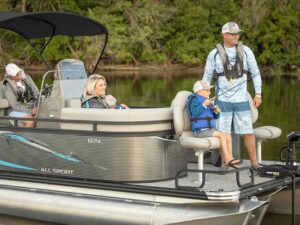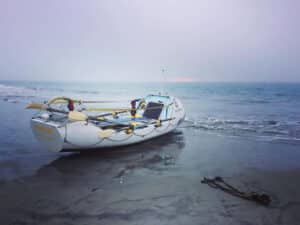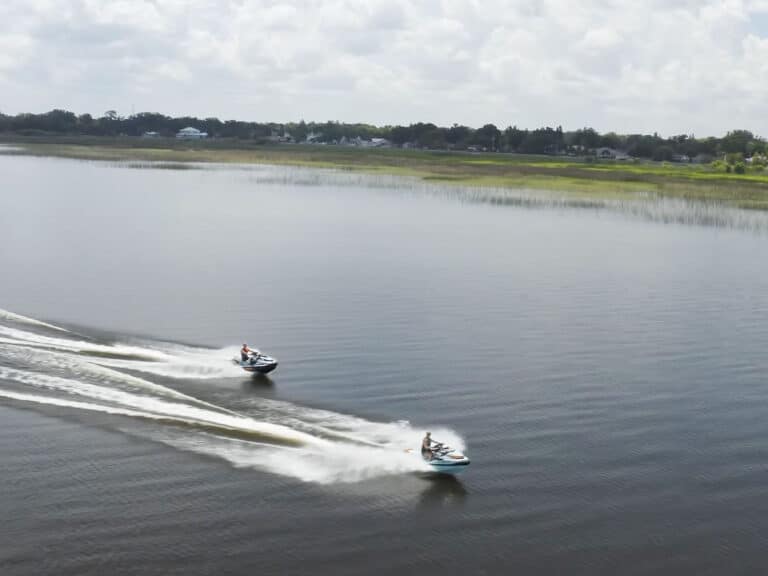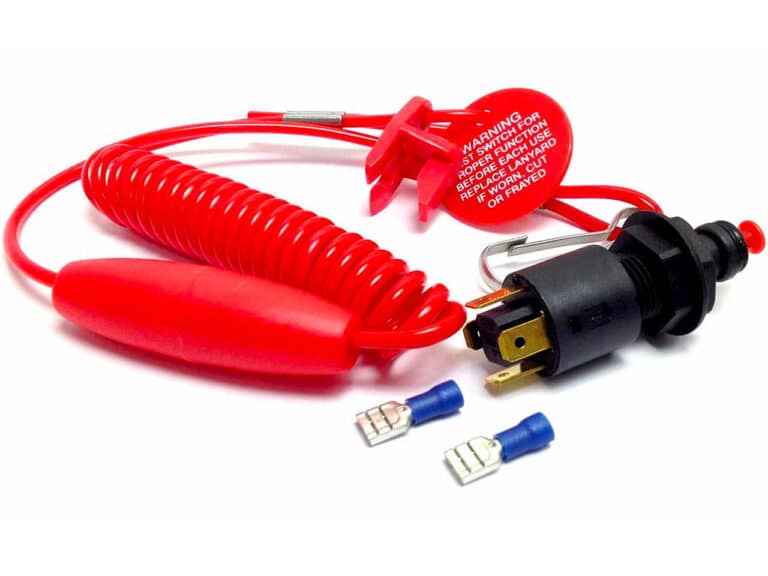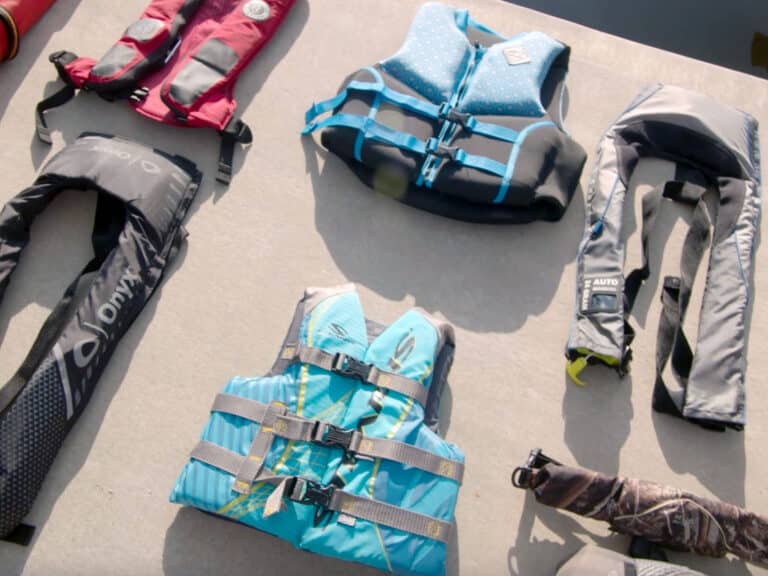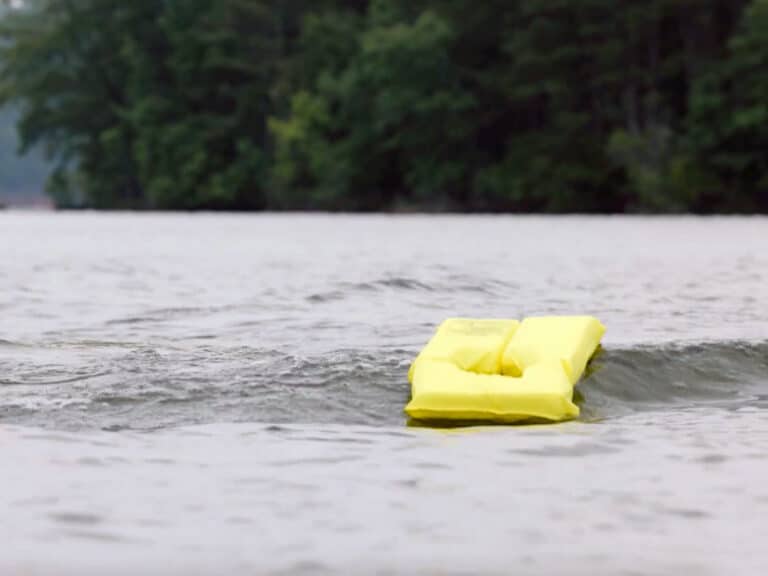
At my local marina here in Portsmouth, VA, I see a friend of mine across on the next pier getting ready to head out for a day on the water. “Where are you going, Chris?” I yell. He shouts back over his engines, “Fishing!” I just shake my head. He’s heard this before. “No you’re not,” I say. He puts on his life jacket. “You can’t swim in cold water, Chris. No one can for long,” I reminding him (again). Fishing is what he’s doing. Where he’s going is to completely surround himself with something deadly.
Water and cold water are simply not the same thing. There are a lot of misconceptions and just plain myths about cold water and hypothermia that won’t seem to go away. To dispel these myths, some friends of mine and I spent time in freezing cold water to see what really happens when you fall overboard. All boaters should learn the easy way what we learned the hard way, because understanding the truth about cold water will help you make decisions that keep you prepared for boating this time of year.
Myth #1: If you fall into very cold water – say under 50 degrees – you will die from hypothermia in less than ten minutes.
That’s not true. Cold water is a killer, but without a life jacket on, it always, every time, kills before hypothermia sets in. The real danger – without flotation on – is cold incapacitation; the muscles in the arms and legs become too cold to move and drowning occurs. In fact, without a life jacket on it is impossible to become hypothermic from immersion into even freezing water. With a life jacket on, it takes 30 minutes or more to become even mildly hypothermic.
Myth #2: Very good swimmers don’t need to wear life jackets as often as non-swimmers.
While the argument has some (very little) merit in warm water months, it is not true at all in the winter. Cold incapacitation – just what it sounds like – makes swimming impossible even for the best swimmers. I know this from experience. As heat draws away from the body the extremities cool. Muscles cooperate less and less until they simply shut down. Depending on water temperature and body type, this can happen in as little as five minutes.
Myth #3: Cold water is a problem only for Northern latitudes.
In November, the water temperature off Pensacola hovers around 62 degrees F – the same water temperature that took the lives of NFL players Corey Smith and Victor Cooper, and former college player William Bleakley – much farther South off Tampa in March of 2009. Their boat capsized fifty miles offshore at around 4:15 PM. Cooper and Smith didn’t make it through to dawn. A fourth man, Nick Schuyler, was the only survivor. The water off Stuart Beach, FL dropped to 66 degrees last winter. Without a life jacket on, in water just under 70, you won’t make it until dawn either.
I’m not suggesting you stay tight to the pier until spring. You can boat safely in the cold-water months. I’m just saying that cold water is a much different thing than just plain water and boaters should act accordingly. Always wear your life jacket when on deck or in rough conditions, during any underway emergency, and constantly if you’re boating alone (that last one is true when it’s warm too.)
To understand more about cold water and where you are going when you go out this time of year, take the time to watch this short video made by the National Water Safety Congress. It is, in my opinion, the best ten minutes on cold-water survival ever made.
* * * * *
The U.S. Coast Guard is asking all boat owners and operators to help reduce fatalities, injuries, property damage, and associated healthcare costs related to recreational boating accidents by taking personal responsibility for their own safety and the safety of their passengers. Essential steps include: wearing a life jacket at all times and requiring passengers to do the same; never boating under the influence (BUI); successfully completing a boating safety course; and getting a Vessel Safety Check (VSC) annually from local U.S. Coast Guard Auxiliary, United States Power Squadrons(r), or your state boating agency’s Vessel Examiners. The U.S. Coast Guard reminds all boaters to “Boat Responsibly!” For more tips on boating safety, visit www.uscgboating.org.


